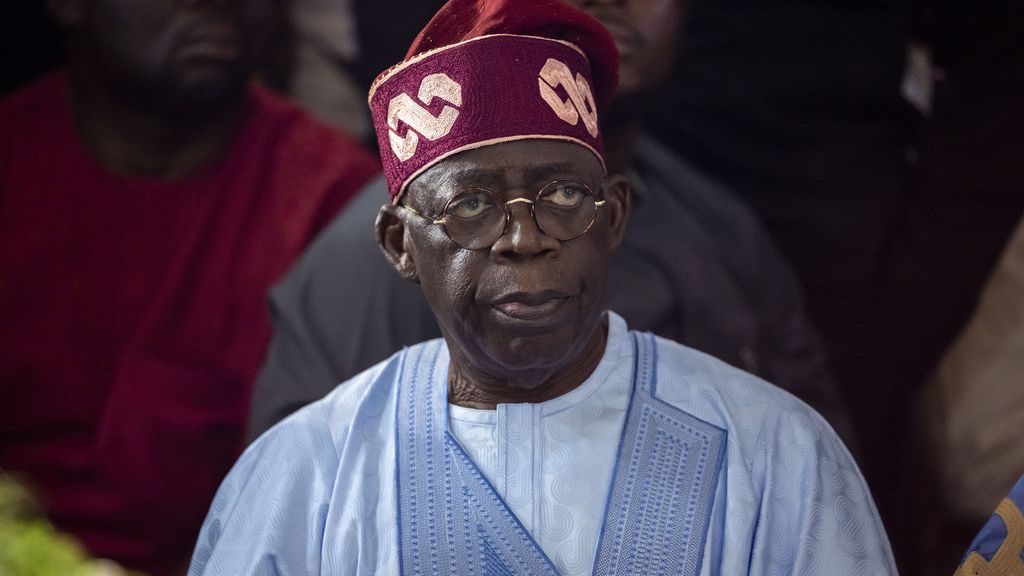Nigerian President Bola Tinubu defended the country's decision to discontinue fuel subsidies, acknowledging the resulting economic hardships faced by citizens due to increased transportation and commodity prices.
Speaking to governors in a meeting in Abuja, Tinubu emphasized that the funds saved from ending the long-standing subsidy would be directed towards poverty alleviation and government initiatives. Despite the current difficulties faced by millions of Nigerians, he appealed for patience.
"Our people's faces reflect the effects of poverty. Poverty is not inherited; it is a product of society. Our goal is to eradicate poverty," Tinubu stated, as quoted by the Nigerian presidency.
The governors expressed their support for the removal of subsidies and pledged to collaborate on its implementation, according to the presidency's statement.
Nigeria, despite being an oil-producing nation, relies on imported refined petroleum products, with the government subsidizing their costs for decades. However, declining oil revenues, attributed to rampant theft and reduced foreign investment, have made the fuel subsidies economically unsustainable. In 2022, the government allocated 4.4 trillion naira ($9.5 billion) for subsidies, significantly surpassing the combined budgets for education, healthcare, and infrastructure.
Critics argue that the government's decision to withdraw the subsidy without providing adequate incentives, particularly during a time when many Nigerians are grappling with high unemployment and poverty rates, is flawed. Inflation has reached an 18-year high, and unions have threatened strikes in protest of the subsidy removal.
Nigerian states have started implementing various measures to assist citizens, particularly workers who commute daily. Edo and Kwara states recently reduced the workweek from five days to three, and other states are considering actions such as raising the minimum wage to 30,000 naira ($65).
Across Abuja and other parts of Nigeria, The Associated Press discovered businesses struggling as they face higher fuel costs for generators following the subsidy removal. The World Bank reports that as much as 46% of Nigeria's population lacks access to electricity.
In Kano state, the economic centre of northern Nigeria, taxi driver Mahmud Mudi revealed that he had to suspend his transport business due to financial losses incurred from increased gasoline expenses.
"The situation is unbearable," Mudi expressed. "As a family man, the already challenging economy has worsened due to the removal of fuel subsidies. I have had to cease my taxi operations and rely on divine intervention."
Rafi'atu Audi, a government employee in the state, highlighted the difficulty of daily commuting to work due to the sharp rise in transportation costs.
"Transport fares have skyrocketed, but our salaries remain the same," Audi explained. "It's painful, and I can no longer bear the costs."

